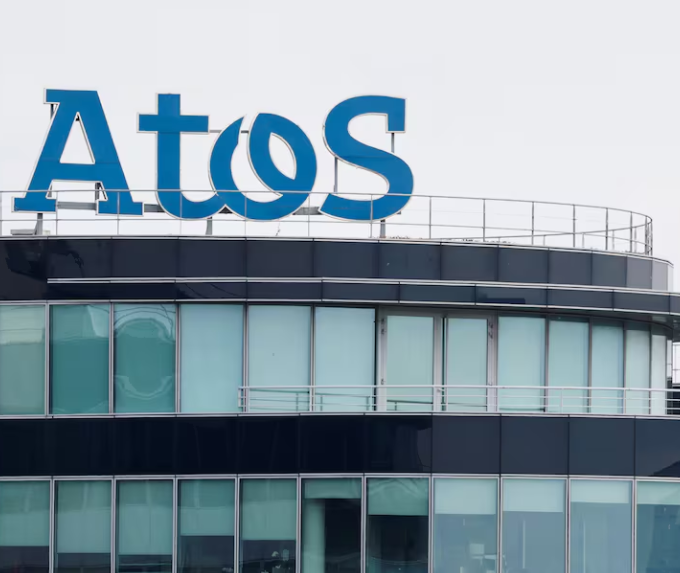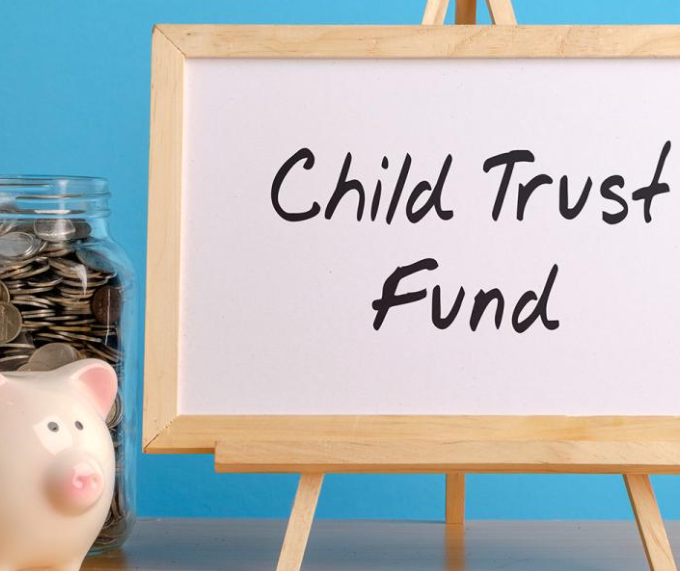- Home
- Billionaires
- Investing Newsletters
- 193CC 1000
- Article Layout 2
- Article Layout 3
- Article Layout 4
- Article Layout 5
- Article Layout 6
- Article Layout 7
- Article Layout 8
- Article Layout 9
- Article Layout 10
- Article Layout 11
- Article Layout 12
- Article Layout 13
- Article Layout 14
- Article Sidebar
- Post Format
- pages
- Archive Layouts
- Post Gallery
- Post Video Background
- Post Review
- Sponsored Post
- Leadership
- Business
- Money
- Small Business
- Innovation
- Shop
Recent Posts
UK Parliament Raises Red Flags Over Shein’s London Listing Amid Supply Chain Concerns

In a significant development for the fast-fashion industry, the chair of Britain’s Business and Trade Committee has expressed serious concerns about Shein’s potential listing on the London Stock Exchange (LSE), following the company’s evasive responses during a parliamentary hearing. The committee’s chair, Liam Byrne, has formally reached out to both the LSE and the Financial Conduct Authority regarding the fashion giant’s transparency issues.
The controversy emerged after Shein’s senior lawyer, Yinan Zhu, repeatedly declined to answer fundamental questions about the company’s supply chain practices during Tuesday’s parliamentary session. Of particular concern was Zhu’s refusal to confirm whether the retailer’s products contain cotton sourced from China’s Xinjiang region, where allegations of forced labor involving Uyghur Muslims have been reported.
The hearing, which took place against the backdrop of Shein’s reported plans for a £50 billion listing on the London Stock Exchange, has intensified scrutiny of the company’s operations. Shein, which originated in China and is now headquartered in Singapore, has experienced meteoric growth to become one of the world’s largest fast-fashion retailers, serving customers across 150 countries.
The parliamentary committee’s frustration was palpable, with MPs describing Zhu’s testimony as “absurd”. The lawyer’s persistent refusal to address queries about supply chains and the potential London listing drew sharp criticism, with committee members characterizing her stance as “deliberate ignorance”.
During the hearing, Zhu maintained that Shein operates through an extensive network of suppliers, primarily in China, with additional operations in Turkey and Brazil. She emphasized the company’s commitment to complying with local laws and regulations in their operational territories, but this did little to assuage lawmakers’ concerns.
The situation has broader implications for corporate governance and ethical sourcing in the fashion industry. Major brands including H&M, Nike, Burberry, and Adidas have previously taken steps to eliminate Xinjiang cotton from their supply chains, decisions that resulted in significant backlash within the Chinese market.
In his correspondence with LSE chief executive Dame Julia Hoggett, Byrne specifically questioned the exchange’s mechanisms for verifying claims made by companies seeking listing, particularly regarding their safeguards against forced labor. The committee’s concerns reflect growing awareness of supply chain ethics in global commerce.
The controversy has also highlighted Shein’s previous challenges with regulatory scrutiny. An earlier attempt to list in the United States was halted when lawmakers demanded verification that the company’s supply chain was free from forced labor. The company has faced additional criticism following a 2023 U.S. Congressional report that raised concerns about working conditions in its factories.
Shein’s rapid expansion and financial success, including doubled profits in the UK market in 2023 with sales increasing by nearly 40% to £1.5 billion, stands in stark contrast to the mounting concerns about its operational transparency. The company’s response to these challenges will likely set important precedents for future fast-fashion retailers seeking public listings in major financial markets.
- Business Committee
- Business Compliance
- Business Ethics
- business regulation
- Business Standards
- business transparency
- consumer rights
- corporate accountability
- corporate ethics
- Corporate governance
- Corporate Listing
- corporate responsibility
- Corporate Standards.
- corporate transparency
- Ethical Business
- Ethical Sourcing
- fashion business
- Fashion Compliance
- Fashion Ethics
- Fashion Governance
- fashion industry
- Fashion Manufacturing
- Fashion Regulation
- fashion retail
- Fashion Standards
- Fashion Supply Chain
- fast fashion
- Financial Markets
- forced labor
- global fashion
- global trade
- Human Rights
- international trade
- Investment Markets
- IPO
- labor rights
- labor standards
- Liam Byrne
- London Stock Exchange
- LSE
- Manufacturing Ethics
- Market Listing
- market regulation
- Parliament
- regulatory compliance
- retail ethics
- retail industry
- Shein
- Stock Market
- Supply Chain
- Supply Chain Management
- Sustainable Fashion
- UK Parliament
- Xinjiang Cotton
Recent Posts
Categories
- 193 Countries Consortium Partner1
- 193cc Digital Assets2
- 5G1
- Aerospace & Defense48
- AI37
- Arts3
- Banking & Insurance11
- Big Data3
- Billionaires1,356
- Boats & Planes1
- Business332
- Careers13
- Cars & Bikes79
- CEO Network1
- CFO Network17
- CHRO Network1
- CIO Network1
- Cloud10
- CMO Network18
- Commercial Real Estate7
- Consultant1
- Consumer Tech194
- CxO1
- Cybersecurity73
- Dining1
- Diversity, Equity & Inclusion4
- Education7
- Energy8
- Enterprise Tech29
- Events11
- Fintech1
- Food & Drink2
- Franchises1
- Freelance1
- Future Of Work2
- Games149
- GIG1
- Healthcare79
- Hollywood & Entertainment203
- Houses1
- India’s 1000 Richest1
- Innovation46
- Investing2
- Investing Newsletters4
- Leadership65
- Lifestyle11
- Manufacturing1
- Markets20
- Media327
- Mobile phone1
- Money13
- Personal Finance2
- Policy569
- Real Estate1
- Research6
- Retail1
- Retirement1
- Small Business1
- SportsMoney42
- Style & Beauty1
- Success Income1
- Taxes2
- Travel10
- Uncategorized13
- Vices1
- Watches & Jewelry2
- world's billionaires1,325
- Worlds Richest Self-Made Women2
Related Articles
Atos Surpasses 2024 Liquidity Targets with €2.19 Billion Year-End Position, Marking Strong Financial Recovery
French IT giant Atos SE has announced its estimated liquidity position for...
By 193cc Agency CouncilJanuary 22, 2025Innovative Gaming Meets Sustainability: Cranfield School’s “Game of Life” Wins Prestigious FT Teaching Award
In a significant recognition of innovative educational approaches, Cranfield School of Management...
By 193cc Agency CouncilJanuary 22, 2025Bitcoin Shatters Records, Surges Past $109,000 as Trump’s Inauguration Fuels Crypto Rally
In a historic moment for the cryptocurrency market, Bitcoin reached an unprecedented...
By 193cc Agency CouncilJanuary 20, 2025Billions in Child Trust Funds Remain Unclaimed as Young Adults Miss Out on Financial Windfall
A staggering £1.4 billion in Child Trust Funds (CTFs) remains unclaimed, with...
By 193cc Agency CouncilJanuary 20, 2025















Leave a comment